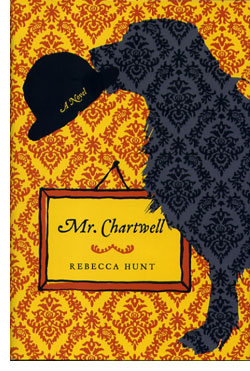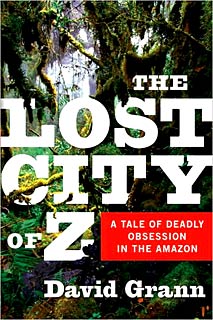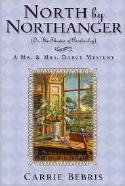This review contains affiliate links, which earn me a small commission when you click and purchase, at no extra cost to you. Thank you for supporting my small business and allowing me to continue providing you a reliable resource for clean book ratings.
It’s July 1964, and Winston Churchill wakes up to a familiar but unwelcome presence in the shadows of his bedroom. Later that day, librarian Esther Hammerhans goes to her front door to meet her new tenant, only to find a “mammoth muscular dog about six foot seven high, balanced comfortably on hind legs.” Mr. Chartwell is keeping busy this Wednesday.
The dog’s presence in her house is disagreeable and unpleasant, but Esther needs the extra income of a lodger. She feels she can make do with him inhabiting one room. But the dog gradually insinuates himself into her whole house, into her whole life, chewing and gnawing her belongings, leaving behind fur and dirt, and, most disagreeably, conversing with her. She learns that he “provides a service for” Winston Churchill.
“‘What’s the service?'” Esther asked. “‘Is it really awful? Do you hurt people?’
“‘Not as such,’ Mr. Chartwell said slowly. ‘I don’t actually hurt them.’ He searched for the words, a paw circling.
“Esther spoke. ‘Yes you do, I bet you do.’
“‘No,’ Mr. Chartwell said testily. ‘I depress them.’ … ‘Churchill is a regular. He names his depression the Black Dog.'”
And so Rebecca Hunt takes an analogy expressed by the great statesman and turns it into a real, living character in her novel Mr. Chartwell. The black dog is truly a monstrous dog that visits, settles in and annoys. Churchill has always known the dog, as have many of his beloved family members, but he can’t seem to rid himself of its dark presence in his life. Esther is new to the dog, but she realizes that her late husband was all too familiar with “Black Pat.”
In the novel, Churchill is on the eve of retiring from his 64 years of public service, and Black Pat is busy torturing him. His only breaks come when the dog is working on Esther, who is experiencing the second anniversary of her husband’s death. Churchill would like to rid himself of the dog’s involvement in his life, but as his momentous occasion briefly intersects with Esther’s difficult day, he sees that he has an opportunity to encourage someone else to be rid of the dog. Depression may have settled in permanently for one character, but it might not have to be an ongoing presence for another, if she has the strength to combat it.
Hunt’s novel is a clever and intriguing examination of depression and how it can settle into one’s life. The conversations Esther and Churchill have with Black Pat are insightful and fascinating, giving form to what is usually shapeless. The dog is persuasive, intelligent and derisive. But, as the book eventually shows, however insistent Mr. Chartwell is, there is hope.
Mr. Chartwell is a rarity; it takes a tough subject and examines it in a new and unique way, with wit and empathy.
Rated: Mild, for some mild and moderate language.
Click here to purchase your copy of Mr. Chartwell on Amazon.




